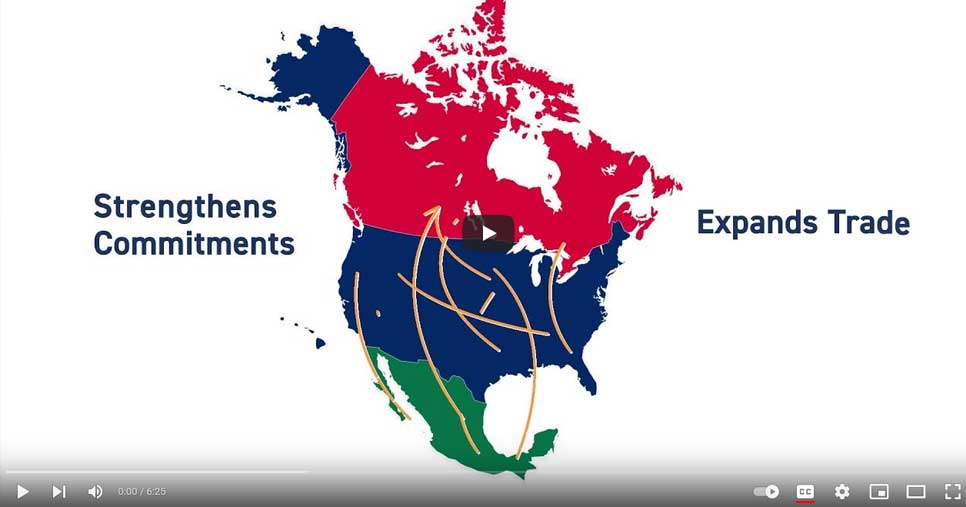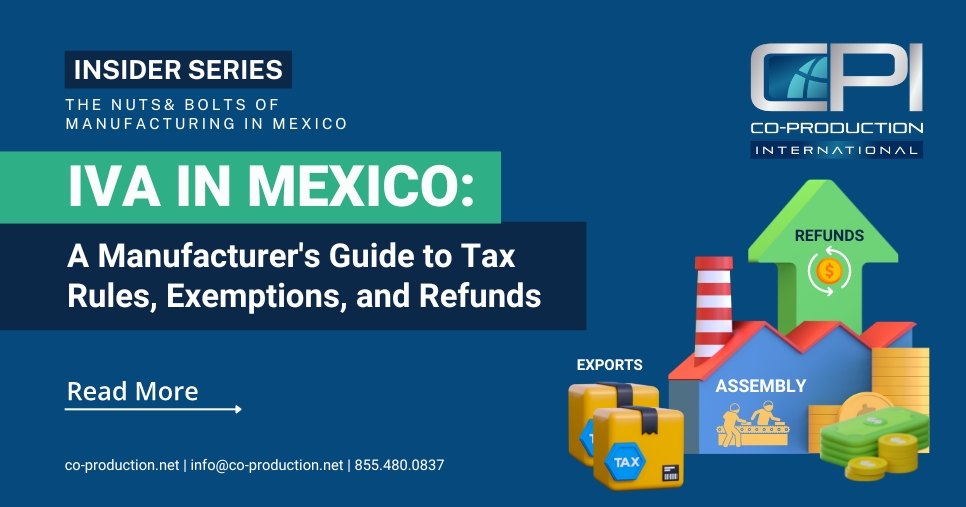A revised version of NAFTA, known as the United States-Mexico-Canada Agreement (USMCA), was implemented to benefit North American workers, farmers, ranchers, and businesses.
The USMCA, which took effect on July 1, 2020, promises to establish a more equitable trade environment, generate high-paying employment opportunities for Americans, and foster economic growth across North America.
The establishment of the North American Free Trade Agreement (NAFTA) in 1994 marked a significant milestone in the U.S.-Mexico bilateral commercial relationship. The agreement created a free trade zone for Mexico, Canada, and the United States, and as of January 1, 2008, all tariffs and quotas were eliminated on U.S. exports to Mexico and Canada under NAFTA.
Mexico is a crucial trading partner for the United States, ranking third in terms of overall trade and second as an export market for U.S. products. In 2018, the two-way trade in goods and services between the two nations reached USD 678 billion, with U.S. sales to Mexico totaling USD 299 billion. Notably, Mexico is the first or second-largest export destination for 27 U.S. states, underscoring its importance in the U.S. economy.
NAFTA extends coverage to various services, with the exception of aviation transport, maritime, and basic telecommunications. The agreement also safeguards intellectual property rights in several areas, including patents, trademarks, and copyrighted material. Moreover, the government procurement provisions of NAFTA apply to services and construction contracts at the federal level. Furthermore, U.S. investors are ensured equal treatment to domestic investors in Mexico and Canada.
Thanks to NAFTA's rules of origin, qualifying goods can be shipped to customers in Canada and Mexico duty-free. These products can meet the requirements of the rule of origin in several ways, such as being wholly obtained or produced in a NAFTA party or requiring a sufficient amount of work and materials in a NAFTA party to become the product when it is exported.




.png)







